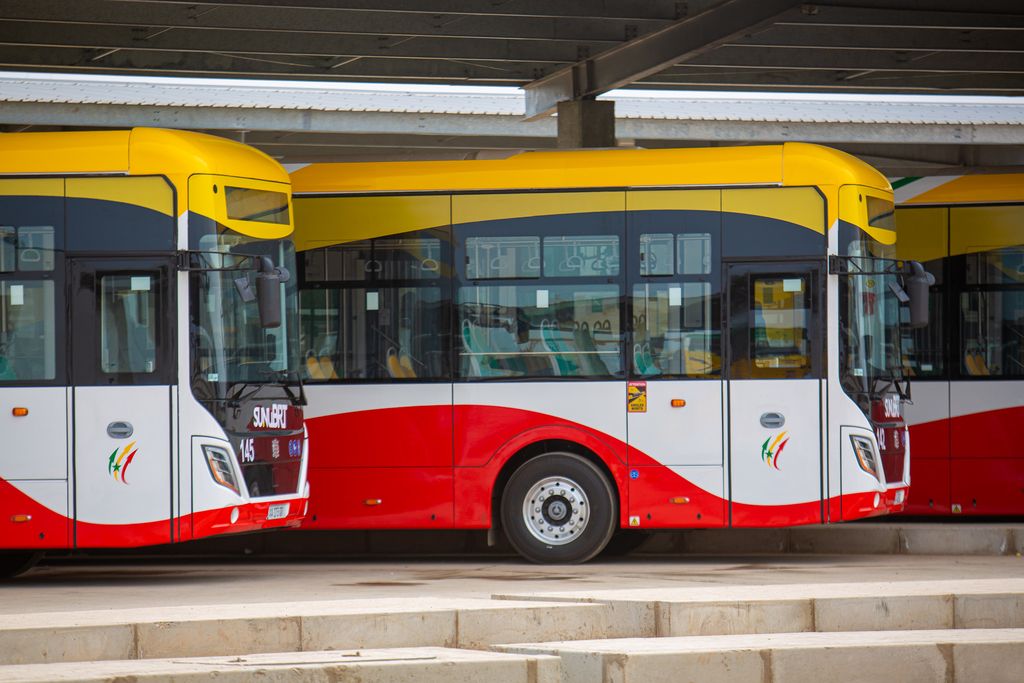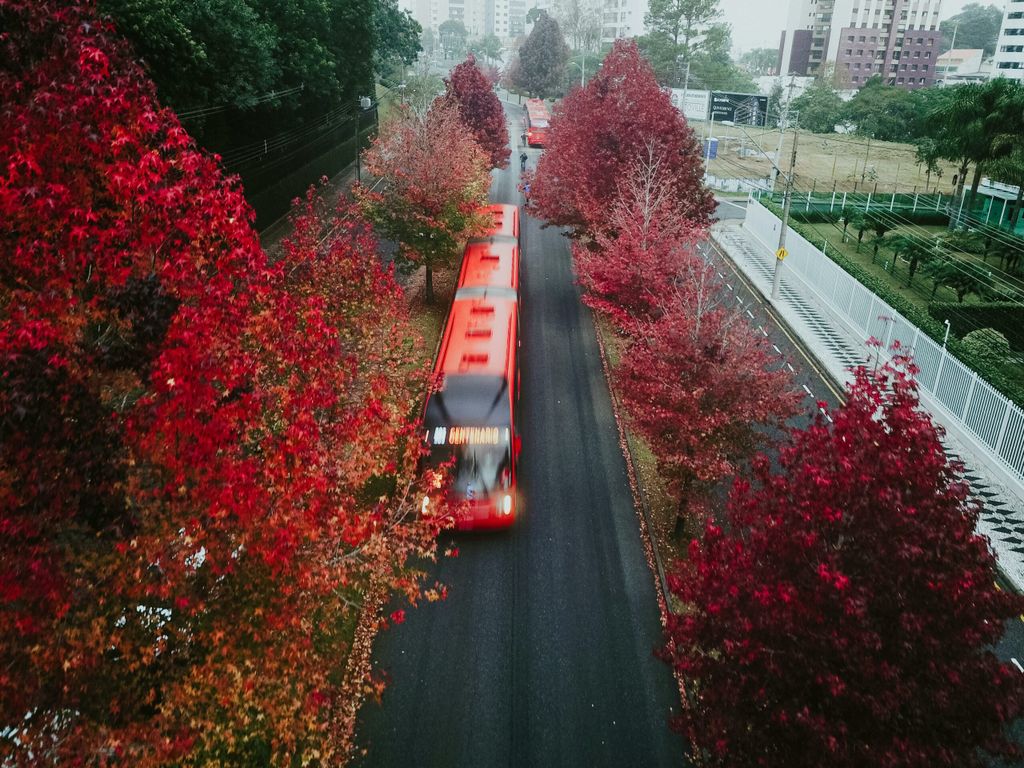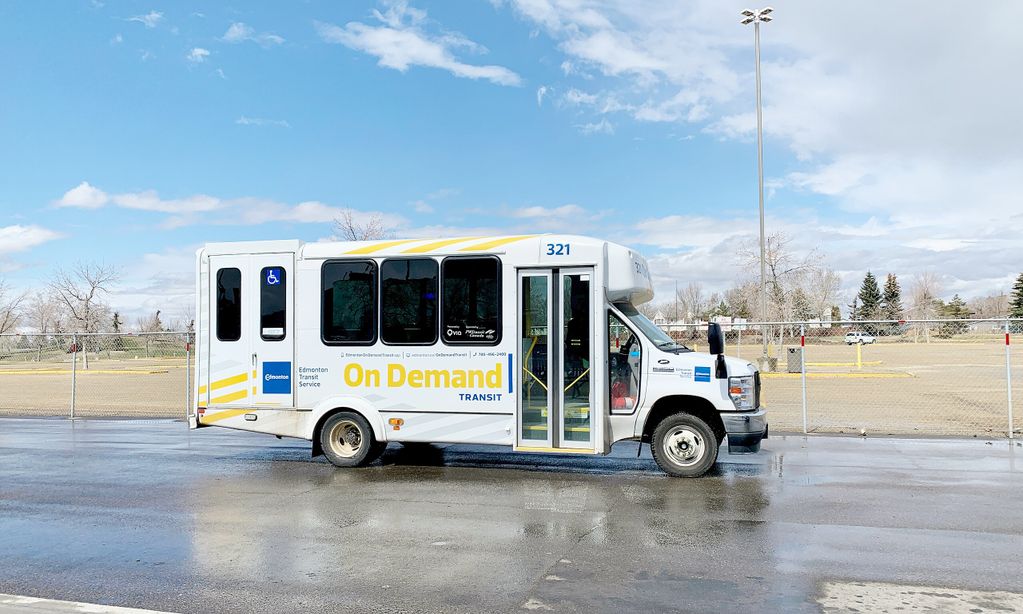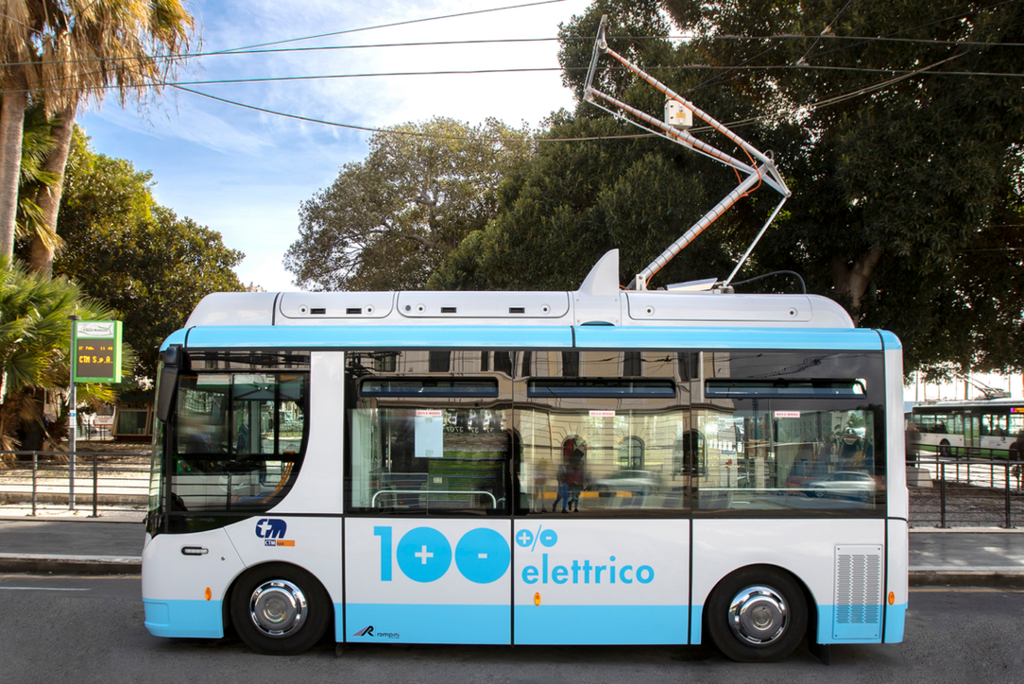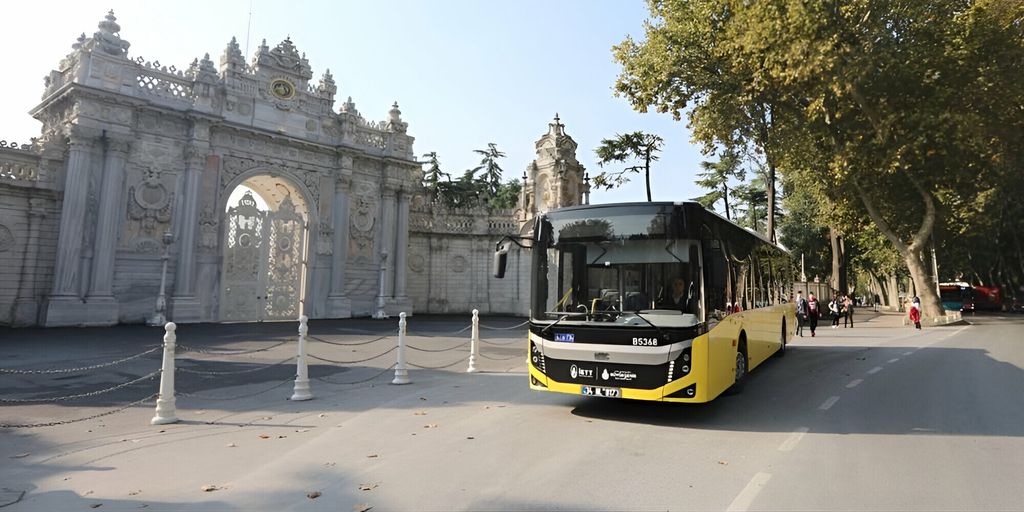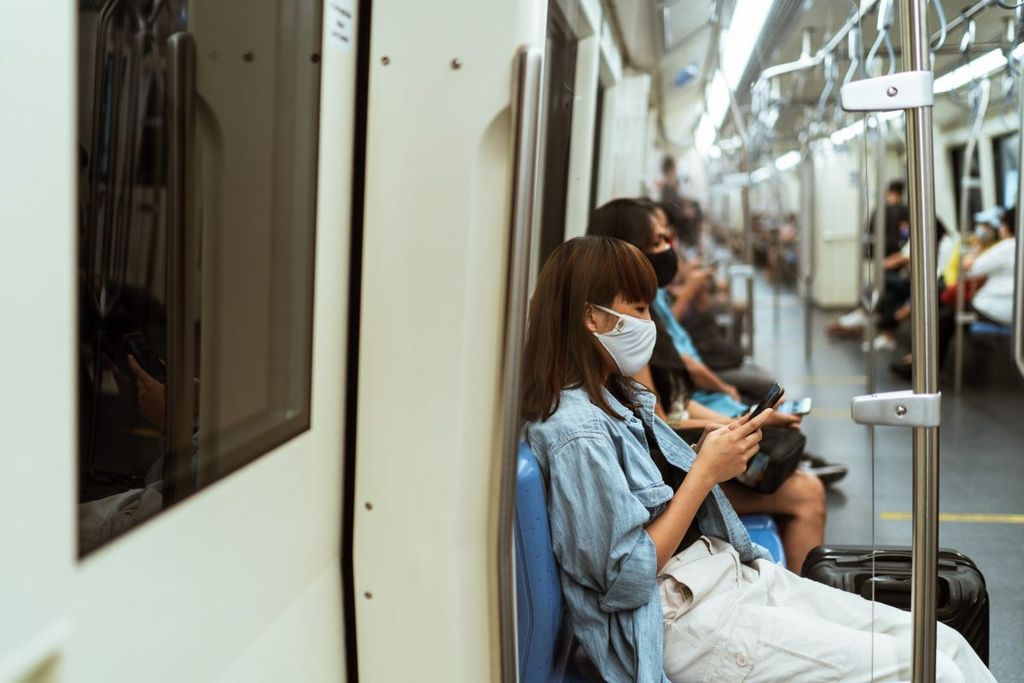
Guardians of Mobility: from the front lines in Shenzhen, China
There are many “unsung heroes” in times of crisis, and we recognise that our public transport professionals are some of them. Our ‘Guardians of Mobility’, are an integral part of the front liners keeping essential services available throughout the coronavirus pandemic.
Over the course of these next few weeks, we will be sharing stories from our own community on what’s being done to keep public transport services running around the world, and to shed a little light on our sector’s contribution to fighting this pandemic.
Starting us off is Shenzhen Bus Group sharing experiences from China.
Shenzhen Bus Group
In Shenzhen, China, roughly 1,000km south of where the coronavirus pandemic first broke out, our members have been working tirelessly to continue essential public transport services. Shenzhen Bus Group took various preventative measures beginning with the creation of a Strategic Working Group to make quick decisions for epidemic prevention and control. This working group immediately began working to procure medical equipment and sanitation materials, communicating with staff and media as well as organising human resources to facilitate front line efforts to combat the virus.
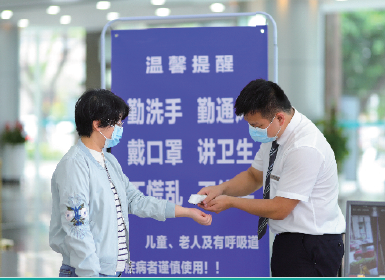
“It has both been a harrowing and rewarding experience working in the public transportation industry during this period. Even at the height of the city’s lockdown, our staff, particularly those in the frontline, worked tirelessly, ferrying medical professionals, workers producing and supplying daily necessities to and from their home and their work places, ensuring that essential life lines for the city remained open to the community.”
One of the biggest emergency challenges faced by Shenzhen Bus Group occurred on 26 January, when the Costa Venezia cruise ship arrived back in Shenzhen. With 5,000 passengers on board, 148 of them had either come from Wuhan/Hubei Province or had been to Wuhan/Hubei Province immediately prior to the cruise.
In less than 24 hours’ notice, Shenzhen Bus Group mobilised 70 buses to evacuate the passengers. All front line staff participating in this emergency evacuation were equipped with protective materials including face masks, gloves, and protective clothing. All vehicles were thoroughly disinfected after the passengers were tested and transported to either a designated hotel, or brought directly to the station to continue their journeys homewards if they had passed the medical examination. All drivers involved in the evacuation were asked to go on mandatory 14 day quarantine after the successful mission had been completed.
“Knowing the potential risk of being infected, many of our staff also continued to work in high risk areas serving hospitals, neighbourhoods with confirmed cases of infection, airports, and major transport hubs. For many of them, their attitude that they are just doing their day to day job is indeed both professional and commendable.”
As the spread of the pandemic in China has slowed down significantly in the past few weeks, the next step for Shenzhen Bus is to continue business as usual services during peak periods, whilemaintaining strict precautionsto ensure that the virus remains under control.
To cope with these risks,14 temperature check stationshave been set up in the bus loading areas of major transport hubs. Buses will continue operations will carryingno more than 50% passenger loadswith on-bus cameras helping to monitor the situation.
Thanks to the efforts of these ‘Guardians of Mobility’ at Shenzhen Bus Group, confidence is being restored in public transport as life gradually begins to return to normal in China.
Stay tuned to hear more stories from thefront lines in public transport around the worldand follow#GuardiansofMobilityon Twitter.
Shenzhen Bus Group shared their experience in a UITP Webinar 25 March. Check out our events calendar for more webinarsto help public transport operators through this crisis period around the world.
UITP is doing its part to support the public transport sector in this unprecedented time. Please see our dedicated webpage on all of our activities surrounding the COVID-19 pandemic for more information on what’s available.
become a member





